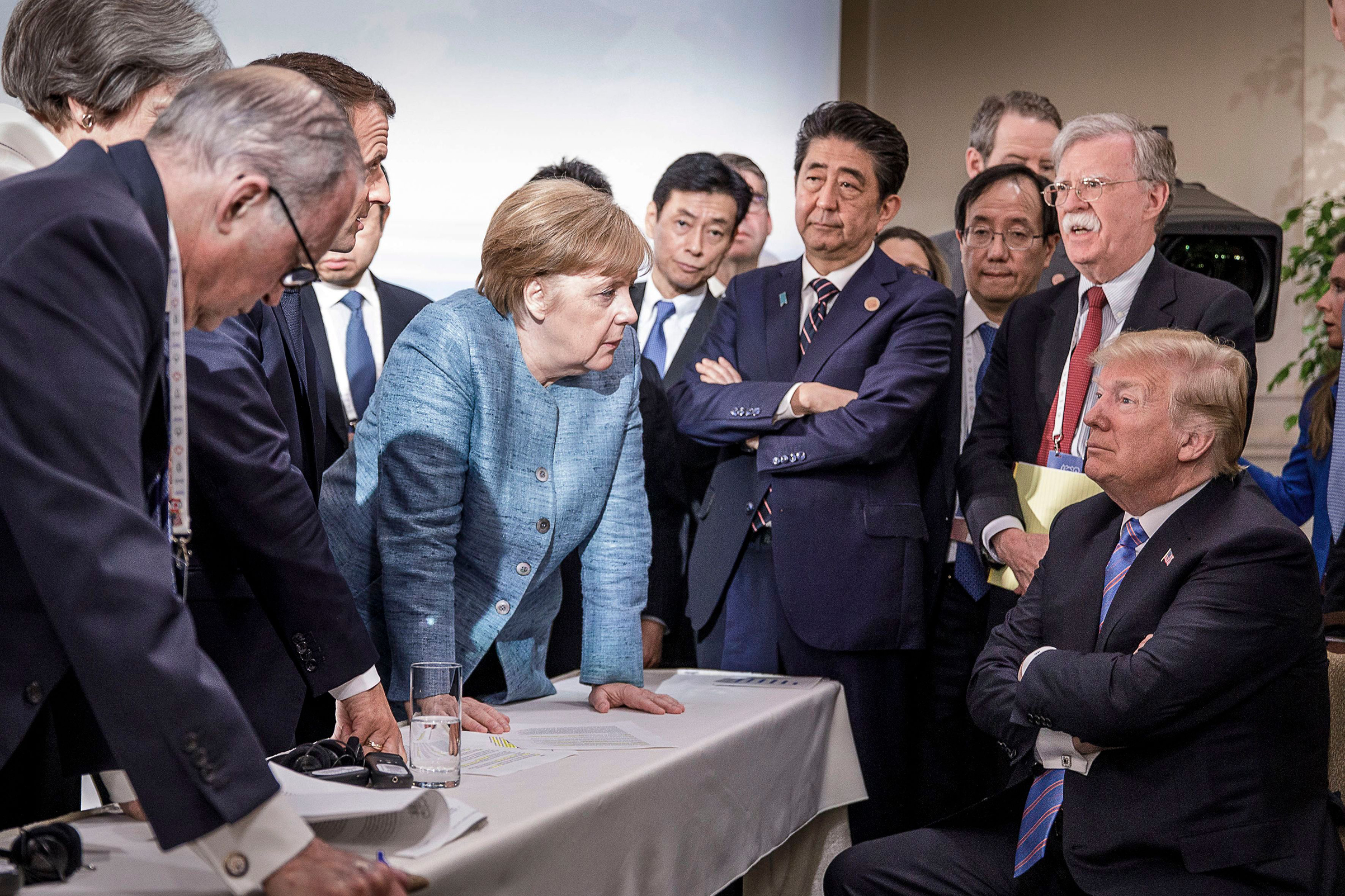
Ben Reynolds, Writer and Foreign Policy Analyst in New York
Jun 15, 2018
After the G7 and SCO summits last weekend, it is tempting to paint a simplistic picture of a Western world unraveling at the seams and an increasingly cohesive alternative order led by powers like China. While there is an element of truth in this narrative, it is important not to overlook the enduring motives for cooperation within the Western bloc and obstacles to cooperation between the SCO powers.
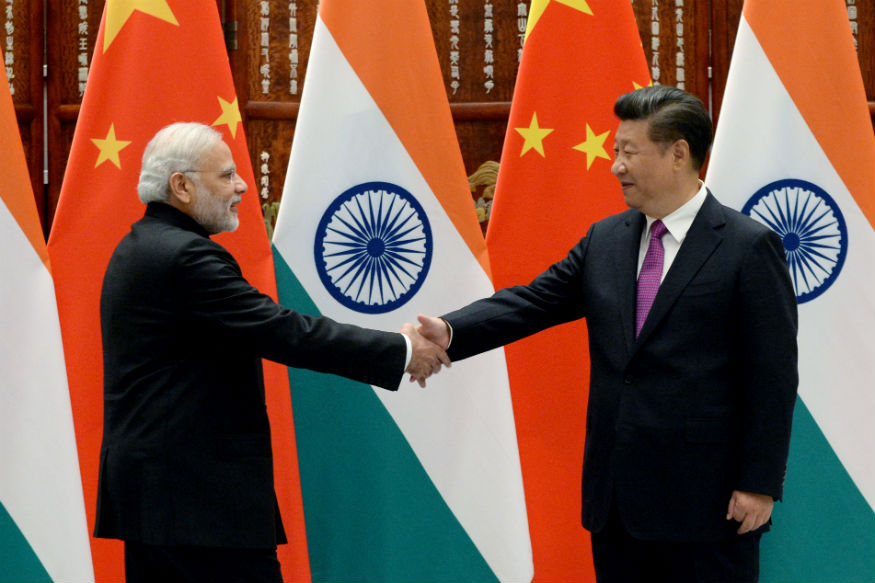
Richard Weitz, Senior Fellow, Hudson Institute
Jul 07, 2017
The Shanghai Cooperation Organization achieved a major boost in momentum at last month’s Astana summit, but realizing its potential will require consistent leadership and resources over the coming year from the Chinese presidency.
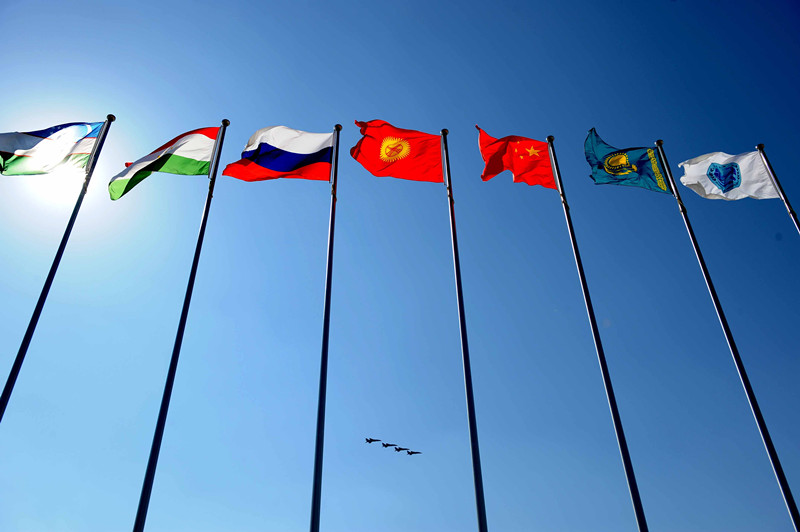
Ma Xiaolin, Professor, School of Arabic Studies, Beijing Foreign Studies University
Jun 27, 2017
As NATO and the SCO expand simultaneously, the situation will become extremely tricky and complex. Therefore, after finishing membership procedures for India and Pakistan, the SCO should refrain from considering further expansion for a while, as it digests the newly added complexities, and should concentrate on enhancing economic interactions.
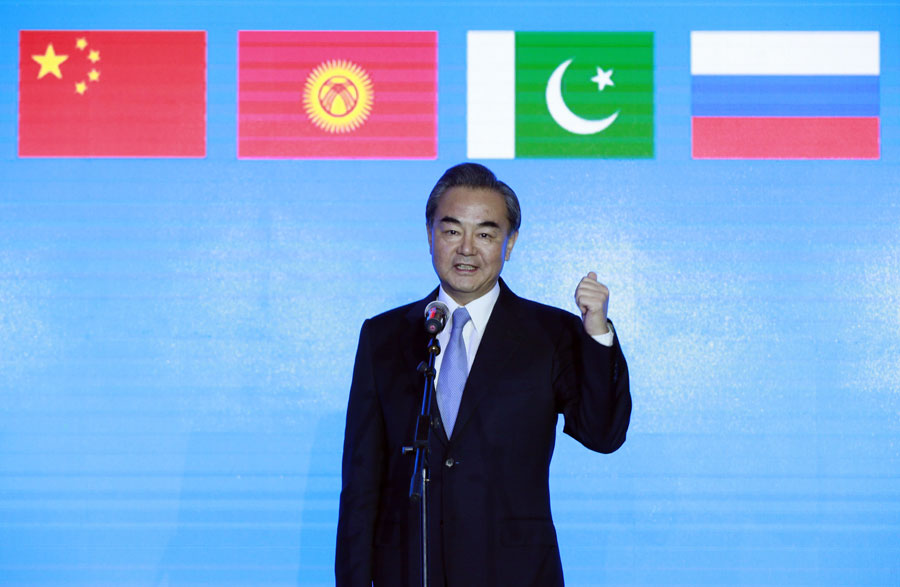
Yu Sui, Professor, China Center for Contemporary World Studies
Jun 22, 2017
On the evening of June 14, 2017, Foreign Minister Wang Yi attended upon invitation the reception of the Shanghai Cooperation Organization (SCO) Day held by SCO
Zhou Bo, Senior Fellow, Center for International Security and Strategy, Tsinghua University
Dec 19, 2016
If the Shanghai Cooperation Organization (SCO) accepted Turkey as a member state, that could serve to improve the NATO-Russian relationship, further promote SCO economic integration, and add strength in counteracting terrorism, separatism and extremism, the primary goals of SCO. Russian suspicions of Turkey, however, pose one of several challenges to the idea.
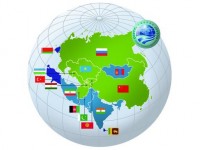
Kemel Toktomushev, Research Fellow, University of Central Asia
Nov 12, 2015
The SCO emerged as a convenient platform for the Central Asian leadership to preserve domestic status quo by accommodating the ambitions of both Moscow and Beijing within one framework. However, the SCO fails to project itself as an effective regional organization, and is perceived more so as a discussion forum.
Yu Sui, Professor, China Center for Contemporary World Studies
Aug 12, 2015
Far from competing with US interests, the two meetings offer blueprints for more and better cooperation with Washington in a new world order.
Chen Xiangyang, Director and Research Professor, CICIR
Jul 29, 2015
The partnership of developing countries offers a benign counterweight to Western dominance in the world, and can help shape a “new normal” in international relations.
Dan Steinbock, Founder, Difference Group
Jul 13, 2015
As the focus of the West was fixed in Greece and Iran, the 7th BRICS Summit began a massive shift from a dialogue to an economic partnership – one whose full impact will be witnessed in the coming years.
Back to Top

- China-US Focus builds trust and understanding between the U.S. and China through open dialogue among thought leaders.
- Our Offerings
- Topics
- Videos
- Podcasts
- Columnists
- Research Reports
- Focus Digest
- Stay Connected
-
Thanks for signing up!
- Get the latest stories from China-US Focus weekly.